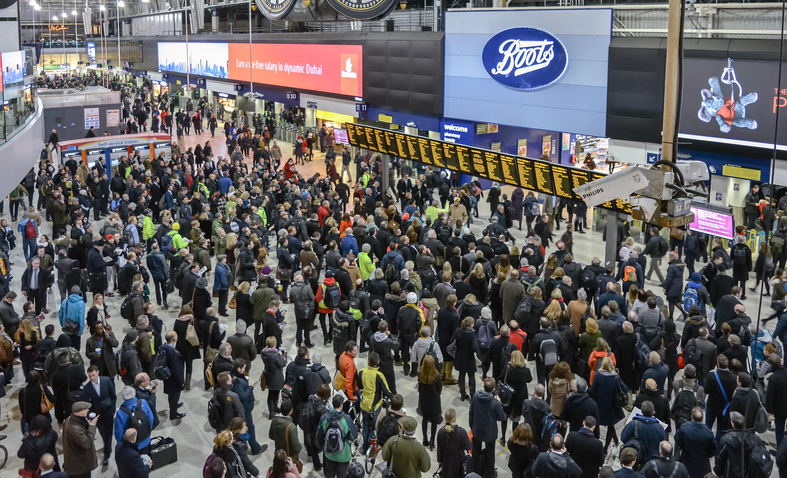As the United Kingdom experiences its second day of rail disputes inside a week, the government has this morning unveiled plans to allow employment agencies to supply skilled agency workers to plug staff gaps during industrial action.
Current trade union laws prohibit firms from supplying temporary agency workers to fill duties by employees engaged in strikes. Under the rule change, any temporary replacement staff will need the necessary skills to comply with broader health and safety rules.
Commenting on the proposed changes, Business Secretary Kwasi Kwarteng said, “Repealing these 1970s-era restrictions will give businesses freedom to access fully skilled staff at speed, all while allowing people to get on with their lives uninterrupted to help keep the economy ticking”.
The proposals have met with an angry response from unions and the Labour party.


Frances O’Grady the General Secretary of the TUC has labelled the proposals as unworkable and accused the government of using the same ‘playbook’ as that used recently by the shipping company, P&O. The TUC has suggested that the plans are a ‘deliberate attempt’ to undermine the right to strike and to reduce workers’ bargaining power.
Commenting, Frances O’Grady said, “Bringing in less qualified agency staff to deliver important services will endanger public safety, worsen disputes and poison industrial relations”.
Her words were echoed by the deputy leader of the Labour Party, Angela Rayner. Ms Rayner, herself a former Union organizer wrote on Twitter, “Not just undermining pay, rights and conditions, but risking public safety and ripping up minister’s own words’.
Rayner added, “The idea this could solve the travel chaos they have crated is just more Tory fantasy in place of real solutions”.
The government’s proposed law change is being made through a statutory instrument allowing it to come into force in the coming weeks, far faster than would be the case with primary legislation.
In the context of future rail disputes, the change may allow skilled temporary workers to dispatch trains, freeing up managers who are currently taking this role, to work in other safety roles such as guards.
The two sides in the current rail dispute still appear some way apart. Speaking on the BBC Radio 4 ‘Today’ programme this morning, Eddie Demsey, the Deputy General Secretary of the RMT union reiterated the unions’ demand for no compulsory redundancies and a far greater payrise than that on offer. Demsey said, “We are not going to accept the line that it is unaffordable for us to have a pay rise, whilst so much money is being taken out of our industry in the form of profits”.
Meanwhile speaking on the same prorgramme, the Network Rail negotiator, Tim Shoveller, stated that increasing the industry’s pay offer from 3% to 7.1% would cost £65 million per year and that this came up against affordability constraints.
Alongside its proposals to permit the use of agency workers, the government has also announced plans to increase the maximum damages that a court can award against a union, when strike action has been found by the court to be unlawful. The limits have been unchanged since 1982, but will now rise from £250,000 to £1 million.

